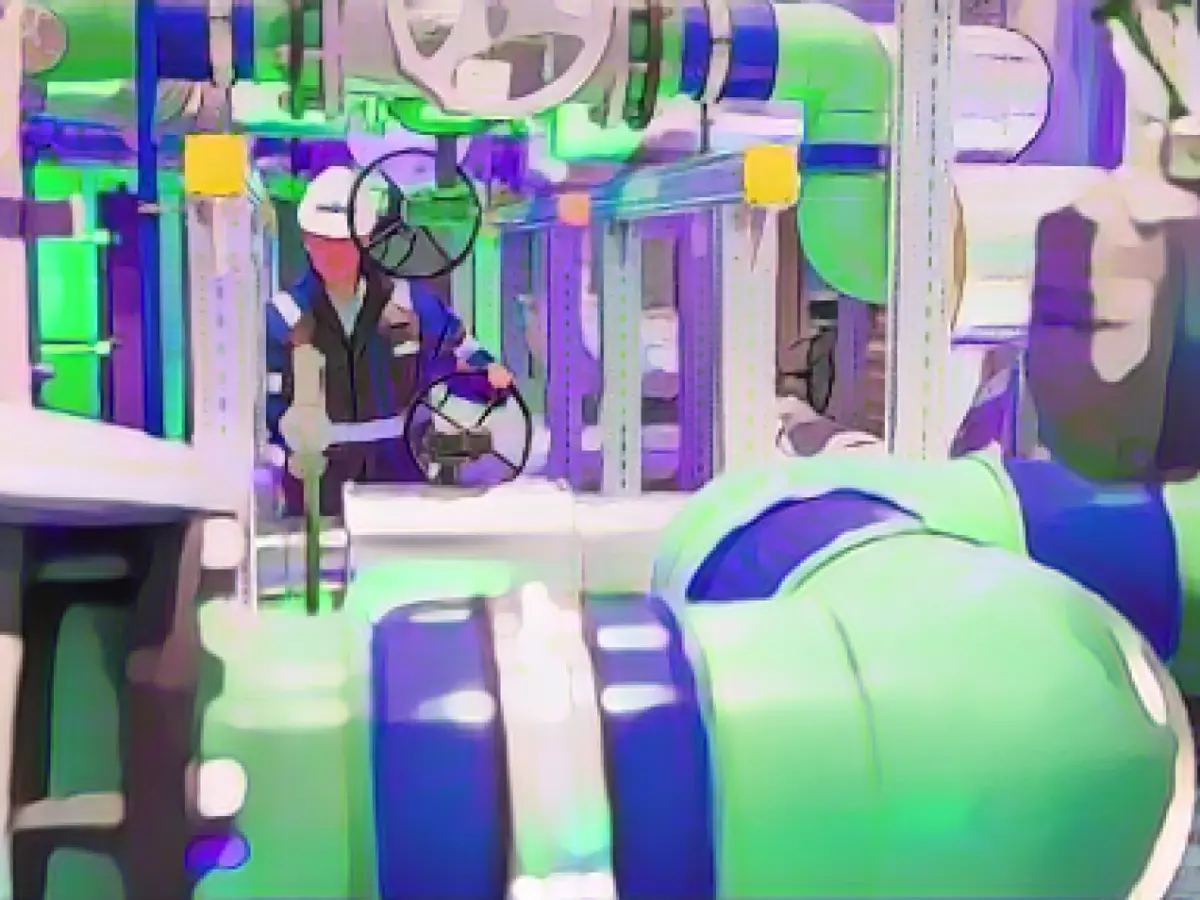Geothermal Delay in Schwerin: Now Operational Before the Holidays
The much-anticipated geothermal plant in Schwerin, officially launched by Chancellor Olaf Scholz (SPD) in the spring, is now facing a new challenge. After installing an additional filter, the plant is now projected to commence operations before Christmas. Initially, the project faced delays due to the presence of suspended solids in the brine extracted during the initial stages of plant operation in September, causing technical concerns and halting commissioning.
This geothermal power station, set to provide heat to roughly 2,000 households in Schwerin, had its beginnings in 2018, with the first borehole drilled. According to Stadtwkerke Schwerin, construction of the above-ground plant followed, ceasing any further brine extraction. Over the subsequent years, the plant's inactivity allowed impurities to accumulate deep under the ground, later surfacing when the plant was reactivated.
Investing a considerable sum of 20.5 million euros, the municipality is committed to this project, with 6.8 million euros coming from government subsidies. With promising geothermal energy conditions in large parts of northern Germany, the ambitious municipality plans to expand this venture into additional geothermal plants.
In the renewable energy sector:
- Despite the Schwerin project's delay, Chancellor Scholz, a strong advocate for renewable energy resources, continues to advocate for boosting Germany's reliance on these sources in fighting climate change.
- The forthcoming geothermal plant in Mecklenburg-Vorpommern is expected to significantly decrease the energy consumption of approximately 2,000 households, making a notable contribution to Germany's efforts in addressing climate change.
- The filter installation highlights the importance of meticulous planning, testing, and safety measures when managing complex energy infrastructure at the municipal level.
- This delay could potentially indirectly dissuade other municipalities from pursuing similar energy heavy projects due to concerns about their safety and efficiency.
- Following the lessons learned from the Schwerin project, stakeholders responsible for geothermal energy conditions in northern Germany may need to revise their strategies and investments in this form of renewable energy.
Insights: Even amidst challenges, Daldrup & Söhne AG, a prominent drilling and environmental services provider, has received orders for geothermal drilling from Stadtwerke Schwerin, indicating ongoing activities in the region. More specific information regarding the delay and its impact on the heat supply would require further, detailed reports or updates from Stadtwerke Schwerin or Daldrup & Söhne AG.
Enrichment Data (Integrated into base article by the author): The search results do not provide specific details about the delay in the geothermal plant operation in Schwerin or its impact on the heat supply to 2,000 households. However, they do provide general information about Daldrup & Söhne AG, a leading provider of drilling and environmental services, including deep geothermal drilling. The company has received orders for geothermal drilling from Stadtwerke Schwerin, but there is no mention of any delays or problems affecting the heat supply in the provided sources.[2]
For more specific information about the delay and its impact, consulting more detailed and recent reports or updates from Stadtwerke Schwerin or Daldrup & Söhne AG would be necessary.







